Urgent Need to Rethink Tourism in the Algarve
Fifty-one years after the April 25, 1974 revolution and fifty since the founding of the newspaper barlavento, it's time to reflect on the impact of democracy on the Algarve region. While we've seen social advancements, basic sanitation, roads, and freedoms, including freedom of expression, dissatisfaction and pessimism remain high among Europeans.
From education to healthcare, urban planning to housing, the region faces challenges. The tourism sector, despite improvements in services and accommodations, risks rapid degradation due to overcrowding and inadequate public services. The pressure from tourism affects water consumption, waste production, parking, and noise levels, threatening daily life with disruptions like overflowing garbage bins.
A lack of efficient public transport is another critical issue. Half a century later, there's still no surface metro connecting the capital, airport, and university campus in Gambelas.
Social and Environmental Challenges
The Algarve is becoming increasingly plural and intercultural, with migrants from Pakistan and Morocco living alongside retirees from France and the Netherlands. This diversity brings new challenges to urban living and social harmony.
Environmental policies, water resource management, and the balance between urban and rural landscapes are often overlooked. The traditional Mediterranean dryland landscape is disappearing, replaced by tropical fruit plantations and new urban developments. Tavira, part of UNESCO's Mediterranean Diet network, risks losing its rural identity as almond, fig, and olive trees make way for avocados and intensive farming.
Urbanization and Housing Crisis
The new soil law allowing construction on rustic land threatens agricultural and natural spaces, exacerbating social inequality without solving the housing crisis. The region is dotted with prefabricated houses and adapted containers, while illegal construction and real estate speculation fuel the market with luxury condominiums and resorts.
"Build, but not just with bricks and cement," urges the article. Economic growth often means more pillars and tourists, not sustainable development. The question remains: "Build what, and for whom?" For wealthy retirees, Portugal is a paradise, but for locals, it's a struggle to make ends meet amid rising living costs and unaffordable housing.
Healthcare Tourism vs. Local Needs
While health tourism grows, local healthcare struggles. A pregnant woman from Portimão must travel to Faro to give birth, highlighting the disparity.
The Algarve faces a new human scenario, with complex relationships and urban challenges. It's time for political courage and a strategy to address these issues.
Paulo Penisga | Professor
Licensed in History from the University of Coimbra, teacher, and collaborator with barlavento and Terra Ruiva newspapers.
Photo: Luís Torres






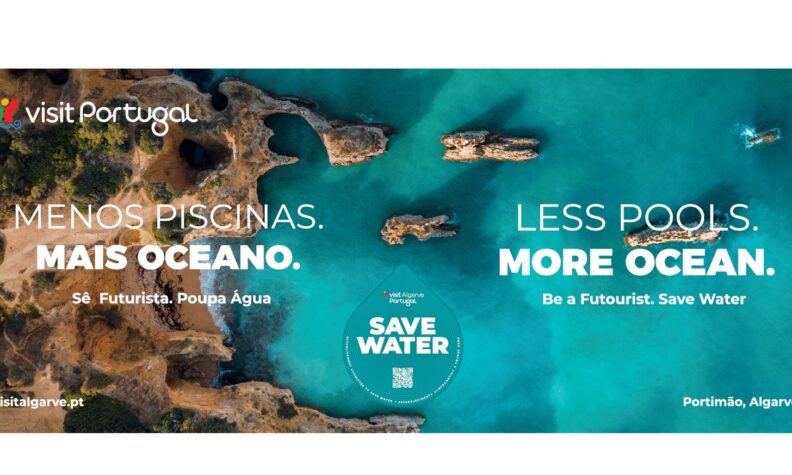
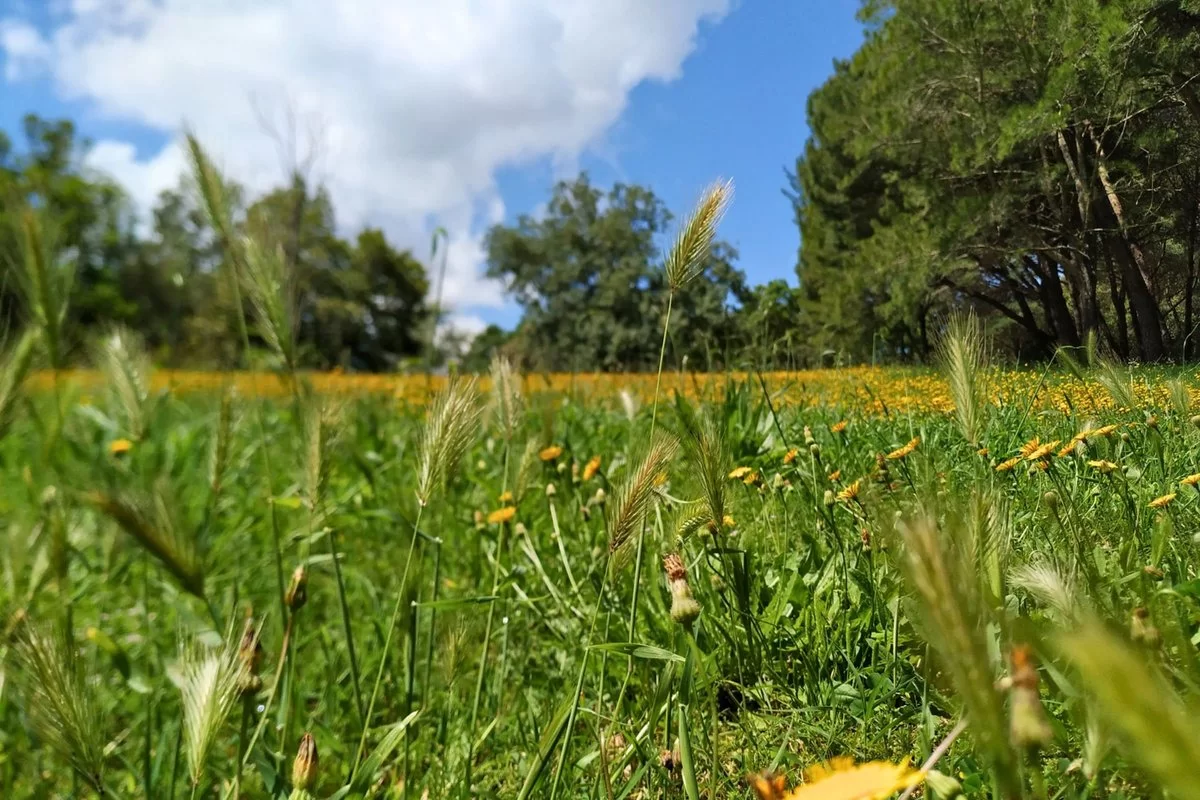



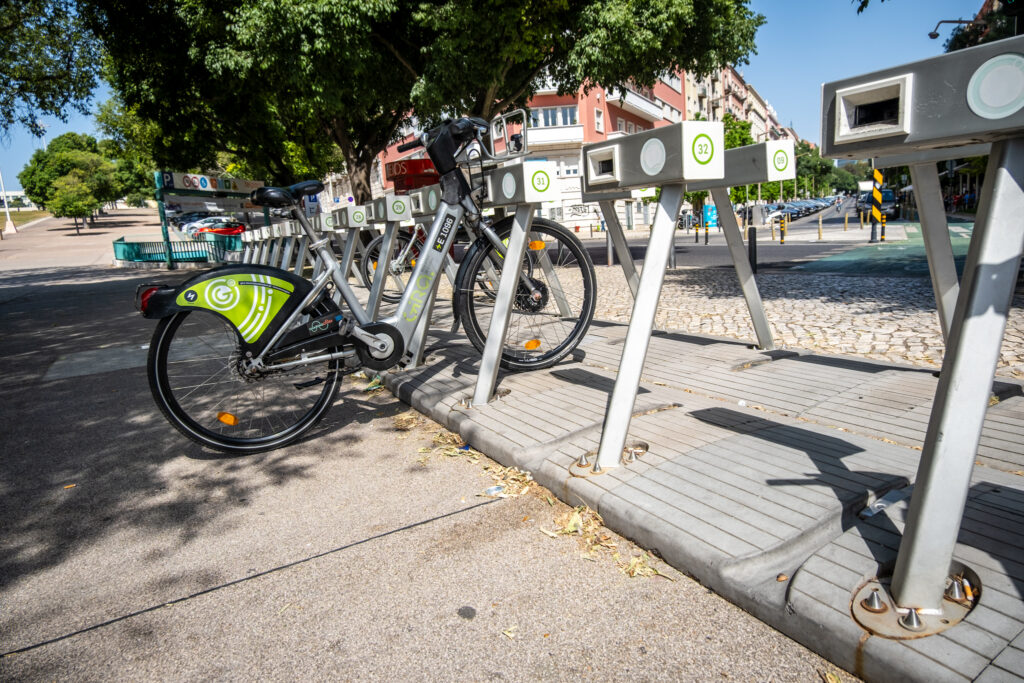
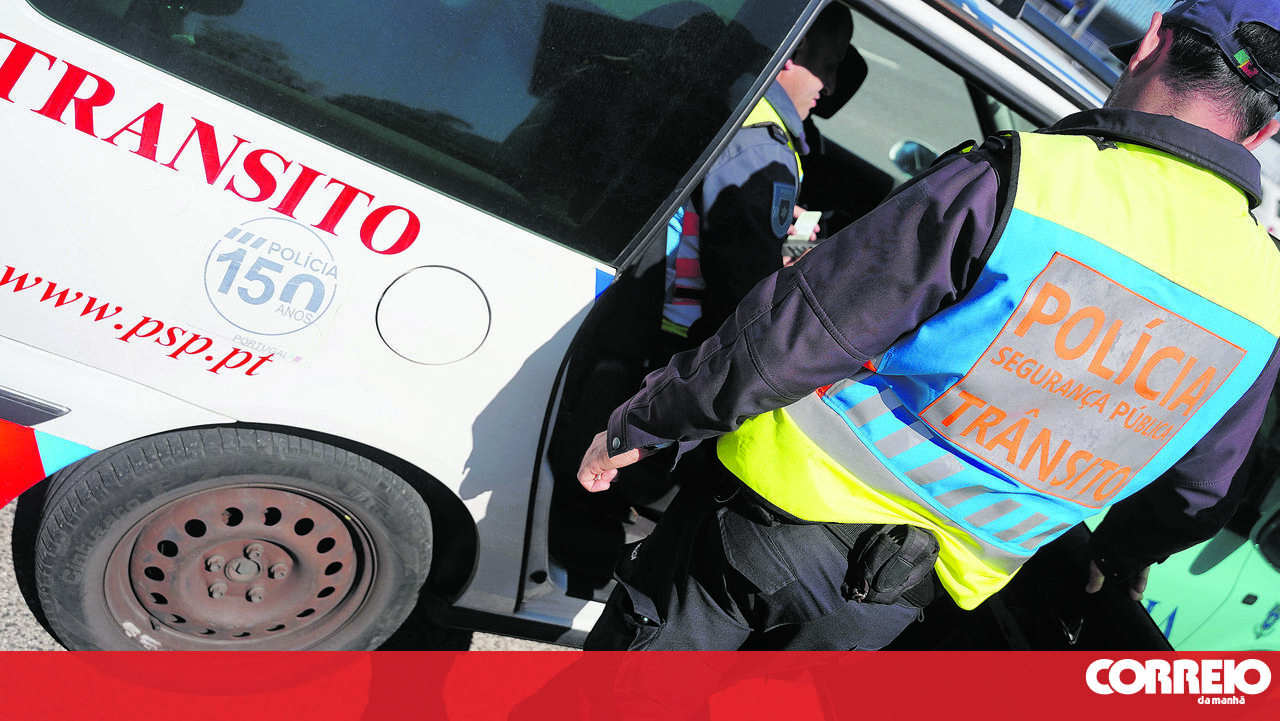


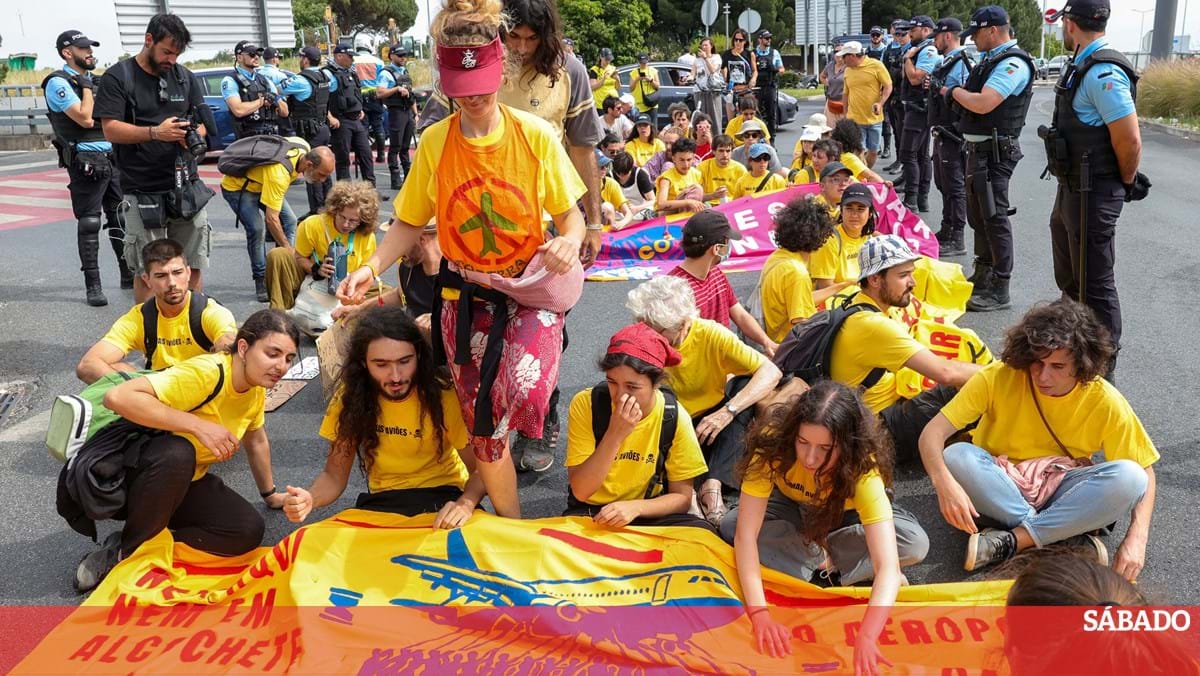

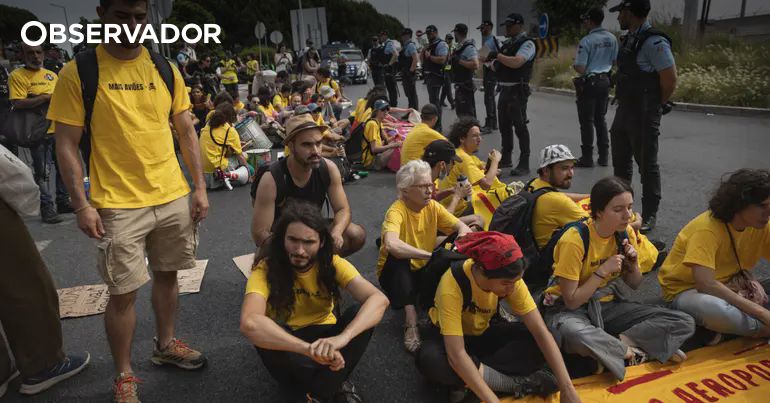









Comments
Join Our Community
Sign up to share your thoughts, engage with others, and become part of our growing community.
No comments yet
Be the first to share your thoughts and start the conversation!